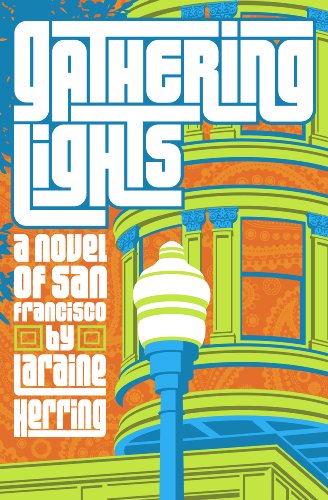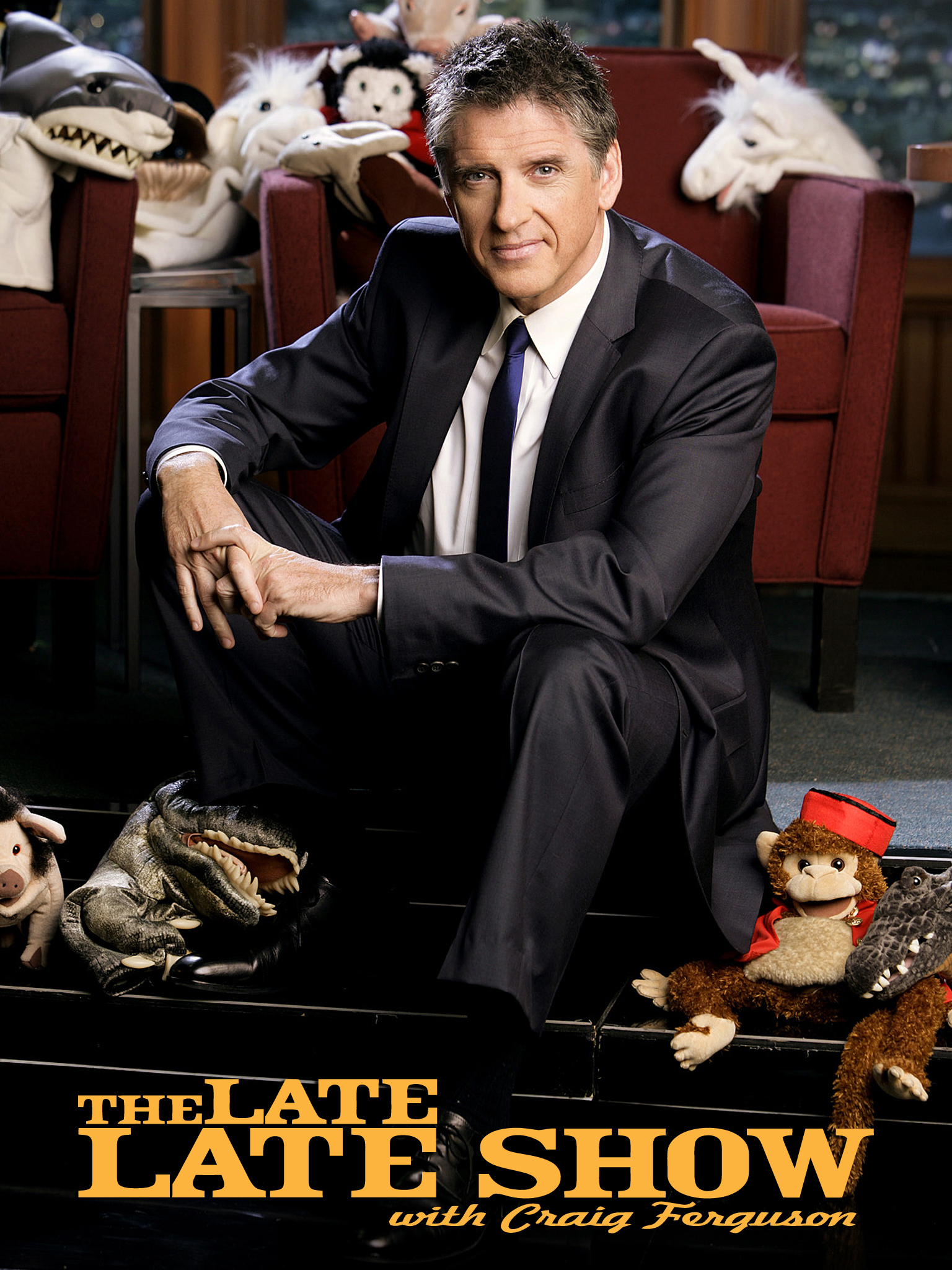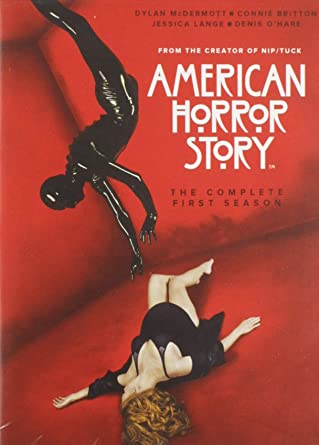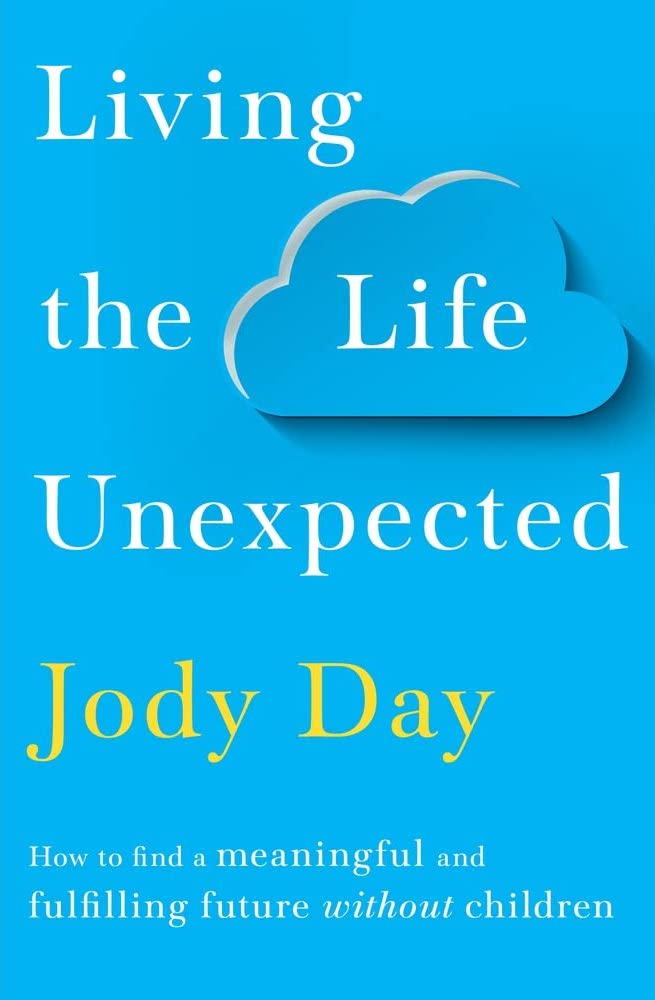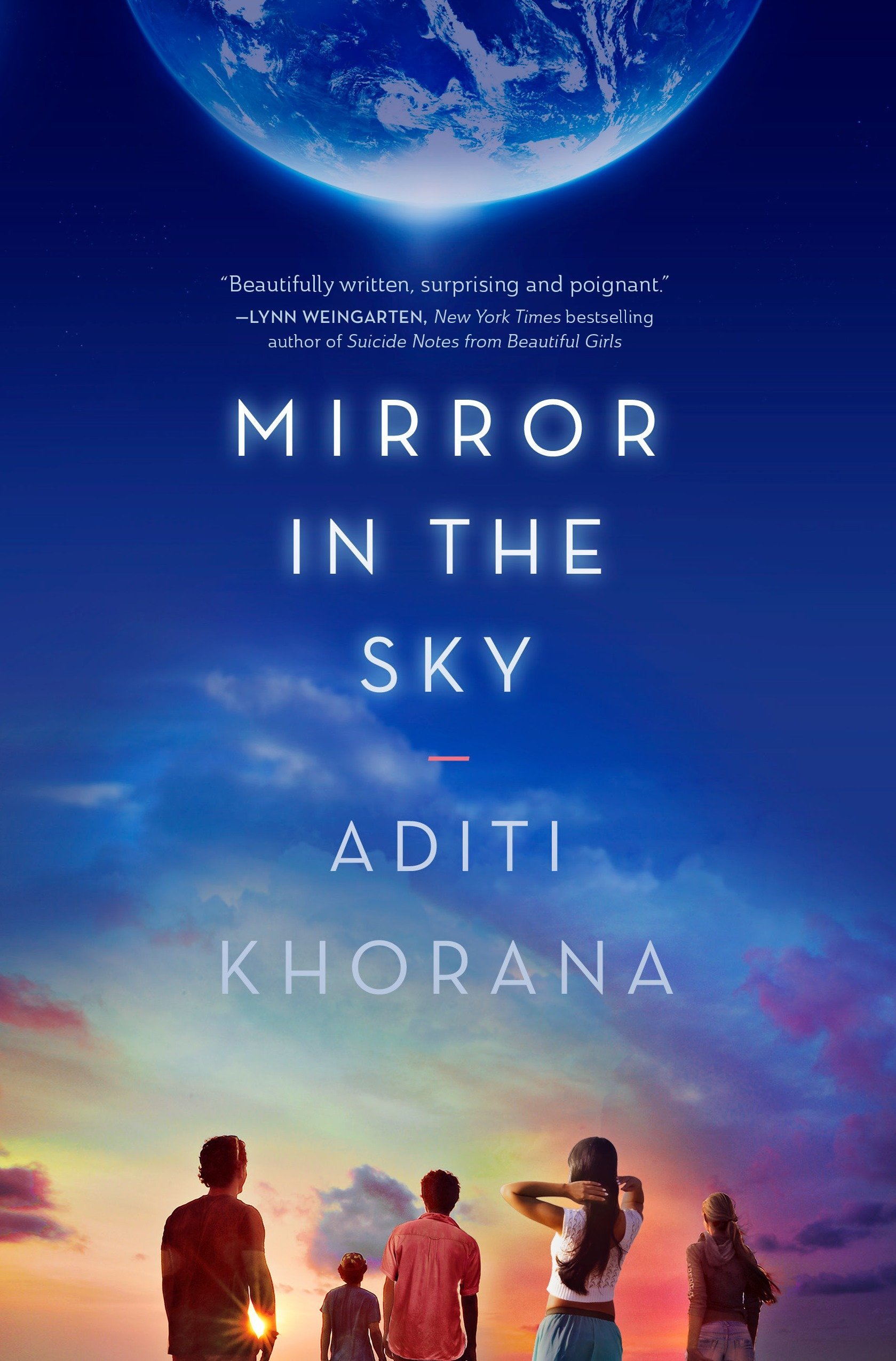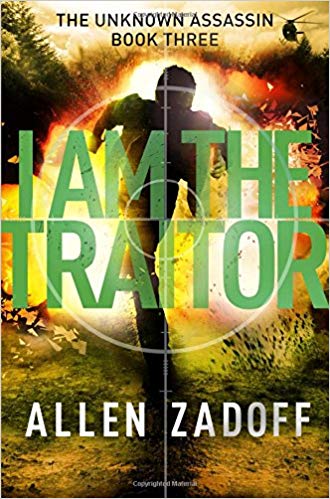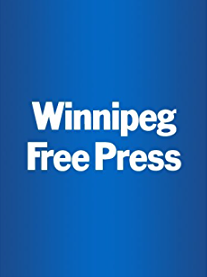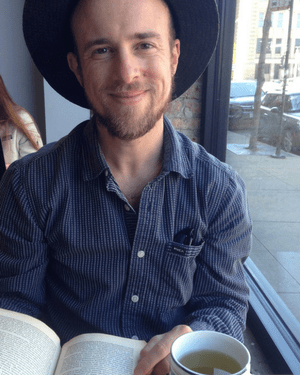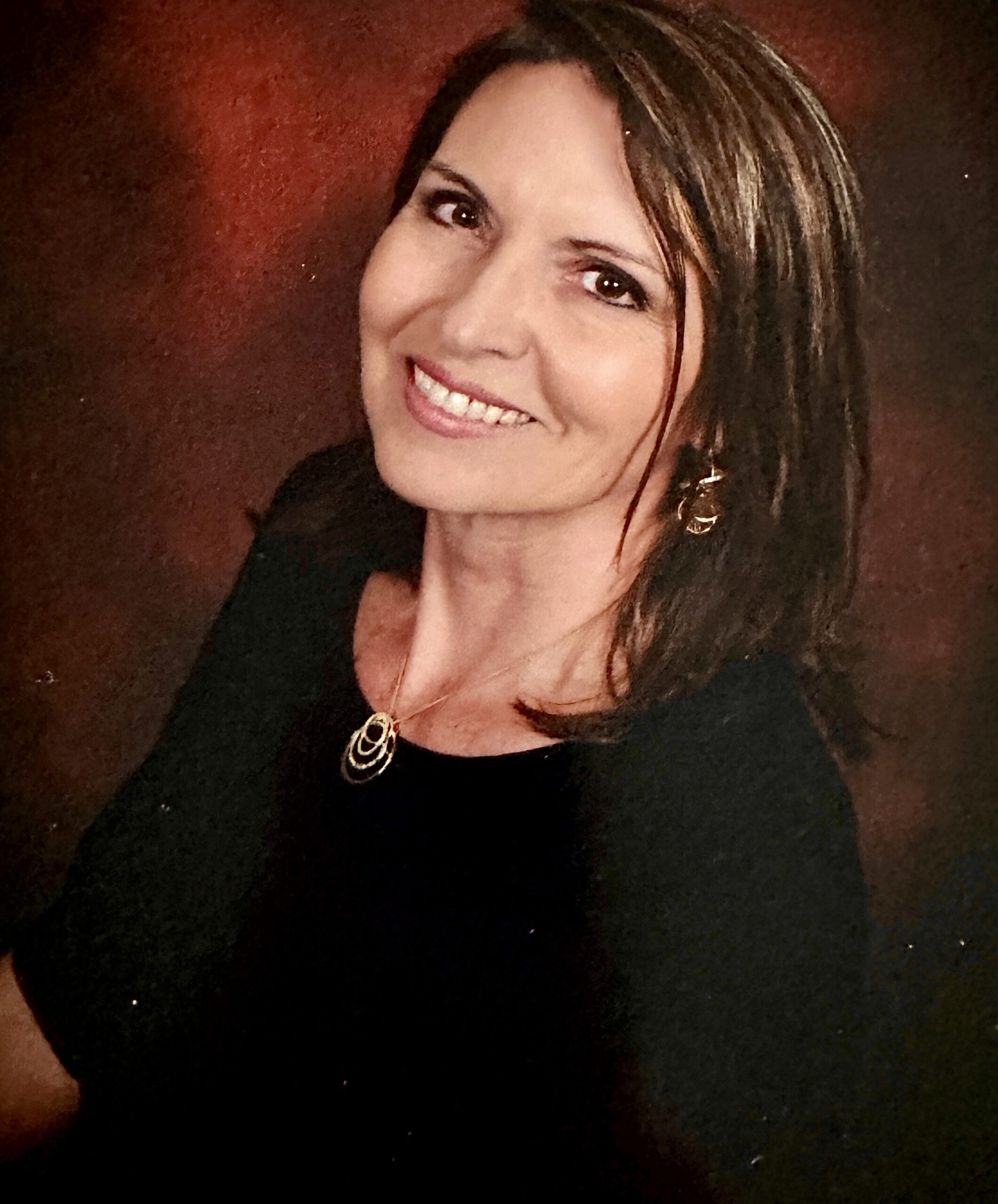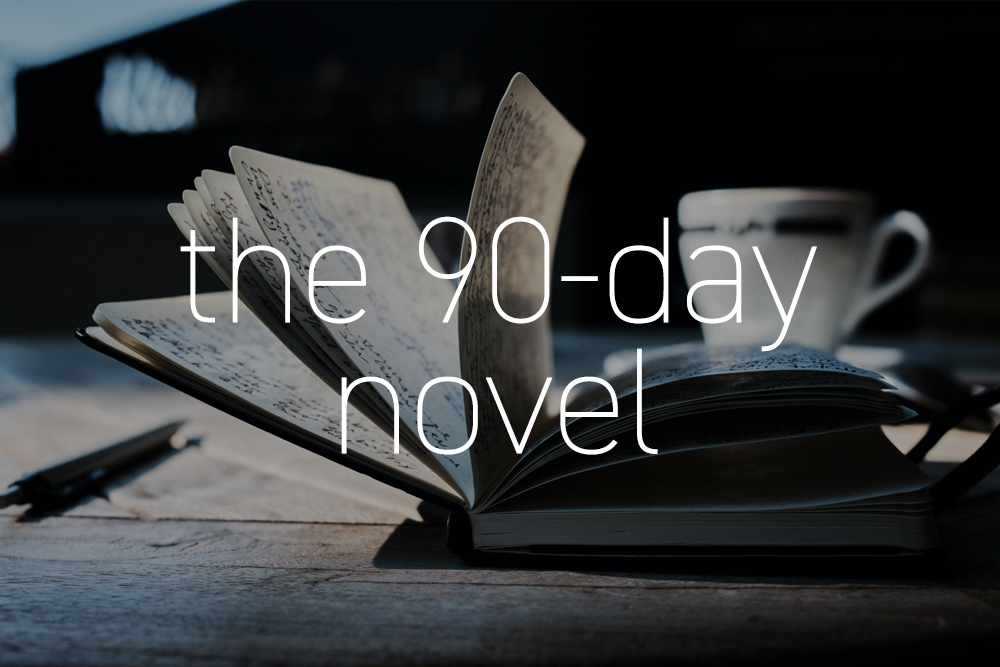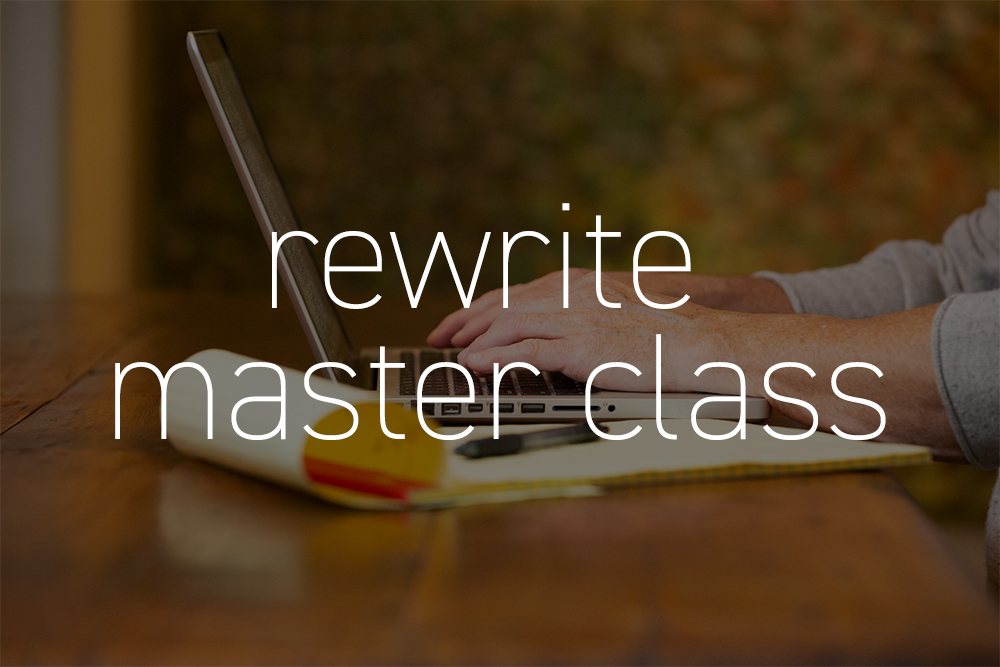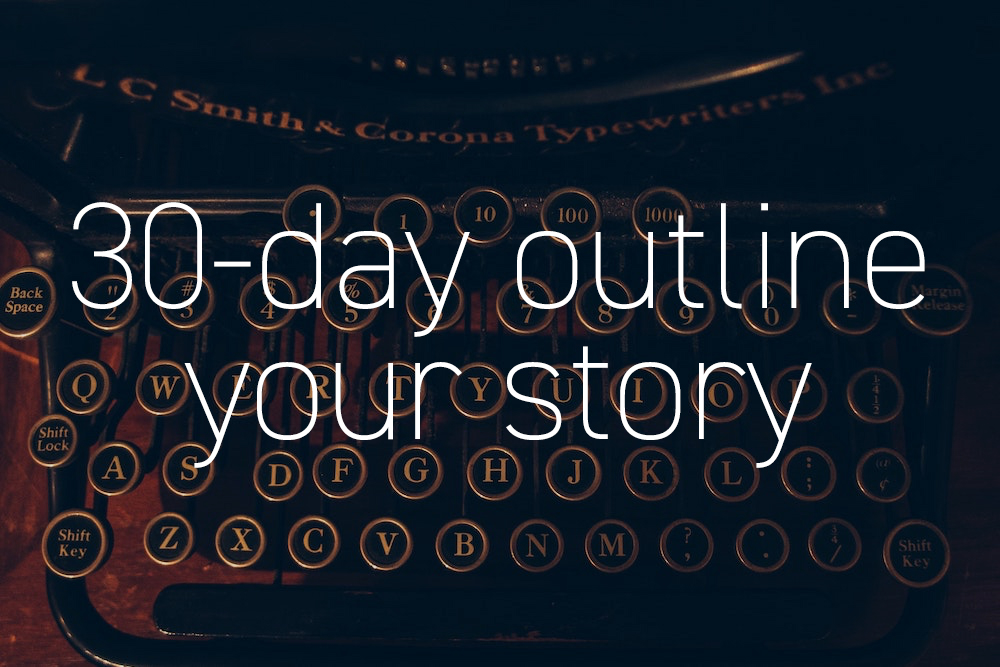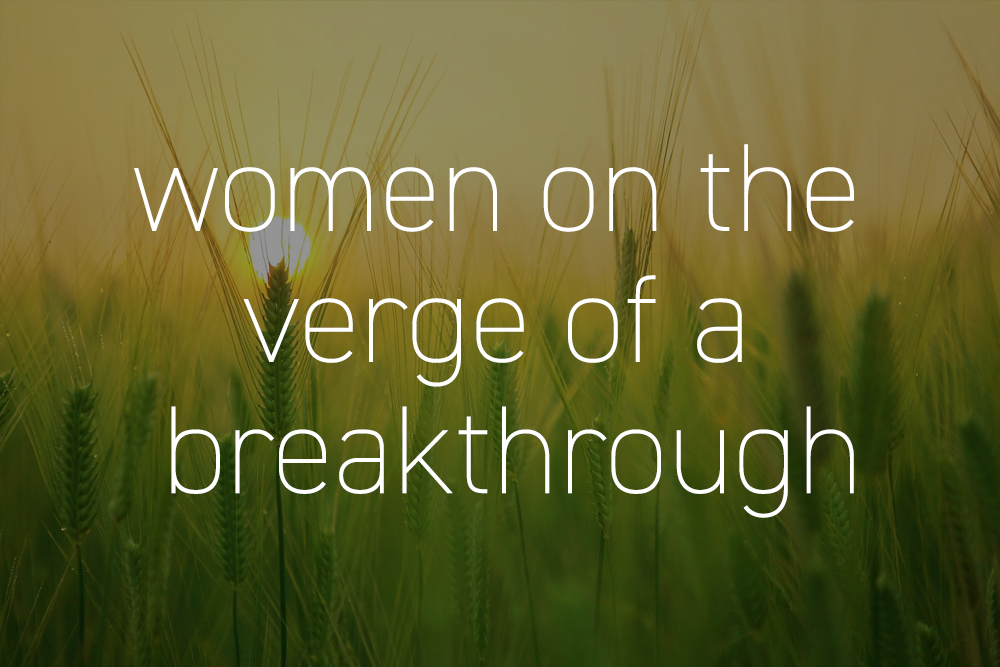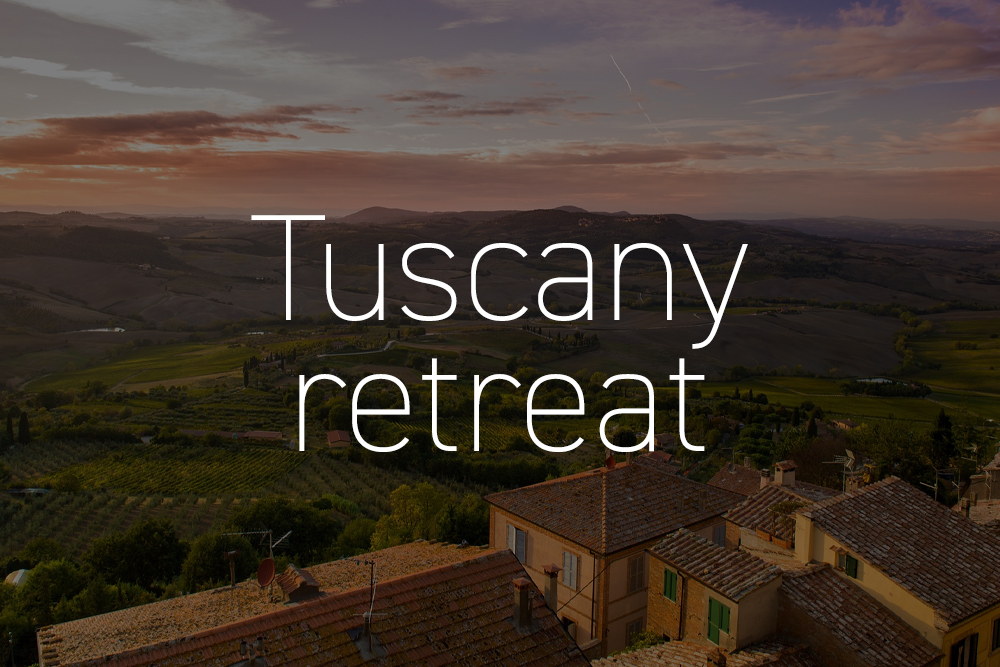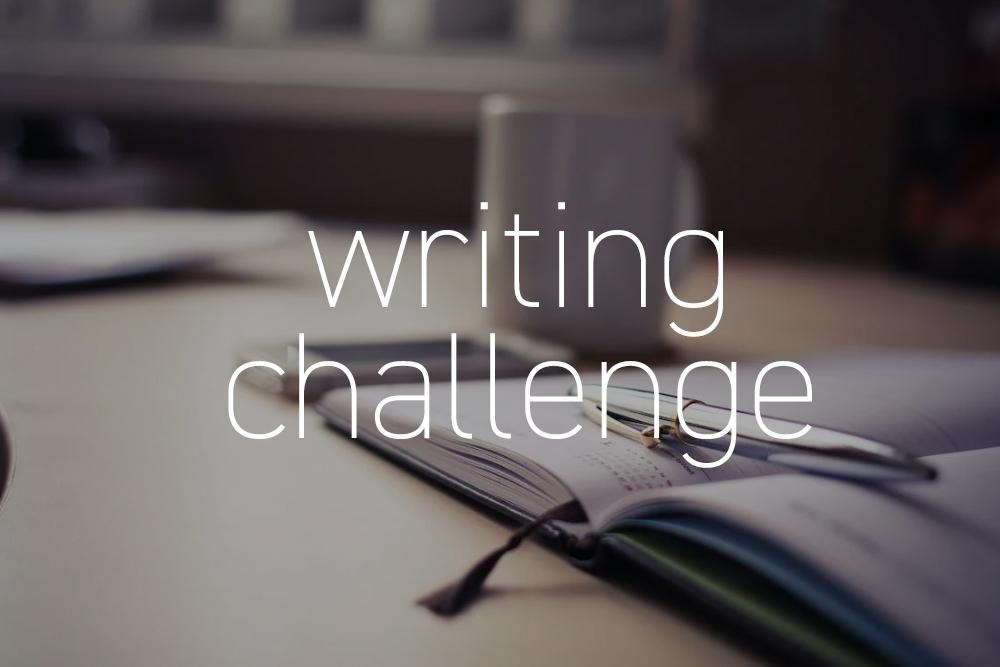October 16th - November 13th, 2024
Wednesdays from 1-3 pm (Pacific Time)

The 30-Day Outline is a Live-on-Zoom workshop with Alan Watt that will take you from initial idea to the completion of a solid outline in 5 weeks.
do you find yourself getting excited by a story idea only to get stuck midway through?
Have you always wanted to master story structure, but found that it was typically taught by story analysts who approached it as a formula rather than an organic process?
There is magic to the process of story creation, and this process cannot be reduced to one size fits all. And while story structure is not a formula, it is an immutable paradigm that guides your audience through the journey to an inner transformation. This workshop is about trusting your inner voice. Everything you imagine belongs in your story when you distill it to its nature.
In this workshop, you will discover that story is about meaning, that your protagonist's journey happens on the inside, that plot is simply the vehicle that tracks this inner quest, and that story is not a concept, but an experience.
This workshop is for novelists, memoirists, screenwriters, TV showrunners, producers, editors, agents, publishers, and anyone else in the business of story.
Countless gifted prose stylists have passed through the doors and zoom classrooms of LA Writers' Lab in the past twenty-one years. Many of them have gone on to prolific careers as novelists, memoirists, screenwriters and television producers.
Plenty of writers are in possession of a unique voice, a prolific facility with language, and even a mesmerizing ability to create scenes, but what separates a talented prose writer from a successful one is simply this: the ability to tell a story.
In the 30-Day Outline workshop you will…
• Discover how character suggests plot.
• Explore the underpinnings of story structure.
• Develop the craft required in order to move beyond your limited idea of your story to the engine that is truly driving it.
The challenge in outlining a novel, memoir, or screenplay lies in marrying the wildness of your imagination to the rigor of story structure. There is no formula to creating an outline, but there is craft involved.
In this five-week workshop, you will discover a process of connecting to the primal forces in your characters to reveal plot. Through this process, you'll discover the foundational elements that will help you to unlock the story within.
The workshop includes lecture, stream-of-consciousness writing exercises, and structure questions designed to help you build a compelling narrative. We will watch clips from popular films and review scenes from works of memoir and fiction, and I will work one-on-one with you to illustrate the principles.
about the workshop

live on Zoom
We meet weekly LIVE on Zoom from 1-3 pm (PST) on Wednesdays, for 5 consecutive weeks. Each class is followed by a live Q&A to answer any questions that emerge.
The workshop involves lecture, writing exercises, film clips, and working one-on-one with writers to illustrate the principles.

watch the class anytime
You are not required to take the workshop live. Many writers have day jobs or commitments during class hours, or sometimes life just gets in the way, therefore all of our sessions are recorded and are available for three weeks, respectively.

one-on-one story consults
Over the course of the 5-week workshop, I offer one-on-one story consultations where you can send me your three-page outline and I review it, make notes, and go over it with you in a one-hour consult to explore the most dynamic and compelling way to tell your story before you begin your first draft. There is an additional cost and a limited number of spots for this service.
the necessity for an outline
My first novel was auctioned in a bidding war. My agent called me late on a Sunday night to say that I had just been offered a million dollars from the president of Time Warner Books (they owned Little, Brown) to purchase the world rights to my little story that I had hand-written and then transcribed in a little over six months while I was on the road doing standup comedy. The book became a bestseller and won some nice awards. While I knew I had a certain facility with language, I also knew that I was not the author but the channel. Any talent I possessed was not really talent, but a certain amount of craft and self-trust.
Through a decade of writing and rigorous study, I had learned how to structure a story. I had discovered that story structure had little to do with plot, and that the engine driving the plot was connected to the protagonist's primal desire. I learned that story structure is not a concept or a formula, but a series of experiences that humans always seem to go through in their journey toward transformation. By distilling these experiences and codifying them, the mysterious veil of story creation gradually lifted and I began to see that everything you imagine can belong in your story when you distill it to its nature.
Many writers resist story structure because they fear it will limit their creativity and lead to formulaic writing. But here’s the thing: story structure is not an equation designed to reduce your story to quantifiable parts. This misconception may be the result of structure being taught by story analysts whose gifts lean more toward an ability to deconstruct the anatomy of an existing work than in exploring the nature of the author’s intention. This can leave the student with a keen understanding of how a particular story was assembled while struggling with how to translate that lesson into completing their own work. Although one might eventually begin to grasp the inner workings of structure by studying the various parts of a particular story, this approach is akin to dissecting a cadaver in order to understand what it means to be human – it suggests that story is primarily an intellectual endeavor. It isn’t. What makes your story universally relatable is its connection to the human spirit.
Story structure is a paradigm for transformation. It’s a way to trace the experiential beats of a character’s growth that lead to their shift in perception – that “aha” experience we’ve all had when we see something in a new way.
Without these three core elements, a story cannot satisfy its premise:
- Desire: Your protagonist wants something.
- Surrender: Your protagonist lets go of the meaning they make out of their goal.
- Transformation: Your protagonist reframes their goal, seeing it in a new way.
Despite what you may have been taught, story structure has little to do with plot. In fact, the structure being referred to is the underpinnings of your theme, a primal drive that is going to get reframed through your protagonist’s quest.
But what is a theme exactly, and how does working with it help you to build your story? Whether you’re conscious of this or not, every character in your story has a relationship to your protagonist’s central dilemma – this is necessarily so, because your characters are all functions of the same dramatic question, therefore they are all in service to your theme. And it is through these various struggles that your theme is explored. By tracking your protagonist’s primal desire through the story, this dilemma gets explored.
Making a story is a process of moving from the general to the specific. You begin with a basic sense of a story, and through inquiry, your imagination fills in the details. If you hold too tightly to any story element, you limit your story from moving in the direction of its most fully realized form.
In Elisabeth Kübler-Ross’ seminal book On Death and Dying, she illustrates five key experiences that one moves through in the grief process. In the same way, there are a series of experiences that are essential in tracing your protagonist’s arc leading to their transformation. Although the five stages of grief may overlap, they tend to move in a particular direction: denial, anger, bargaining, depression, and finally, acceptance. When you examine these experiences, you likely sense a certain internal logic to the process. In fact, if you ponder them, eventually your imagination is likely to begin conjuring a story.
We all have access to an empathetic imagination that allows us to connect to our common humanity. Just as the five stages of grief are universal, so are the key experiential stages that lead to your protagonist’s transformation.
course breakdown
1 Week One – Unlock the Story Within
Through a series of exercises, you will connect to your protagonist’s dilemma at the heart of the story. The dilemma is the source of the story from which all tension and conflict arise. We will explore your protagonist’s wants and needs, uncover their transformation at the climax, and discover why you are uniquely qualified to tell this story.
2 Week Two – Act One/Thesis
We will take a close look at the first act of your story. Through lecture, discussion, and one-on-one work, we will cover the five key stages in your protagonist’s Act One journey.
3 Week Three – Act Two/Antithesis
In this workshop, we will explore the four key stages that your protagonist goes through in order to create a dynamic and compelling second act that builds in meaning as it progresses.
4 Week Four – Act Three/Synthesis
In this workshop we will explore your protagonist's dark night of the soul, and how this event allows them to rise from the ashes of despair and reframe their relationship to their desire, thus propelling them towards their transformation.
5 Week Five – Integration
In this workshop we will integrate the material covered in the previous four weeks and deepen our relationship to the process of marrying the wildness of your imagination to the rigor of story structure.
meet your teacher
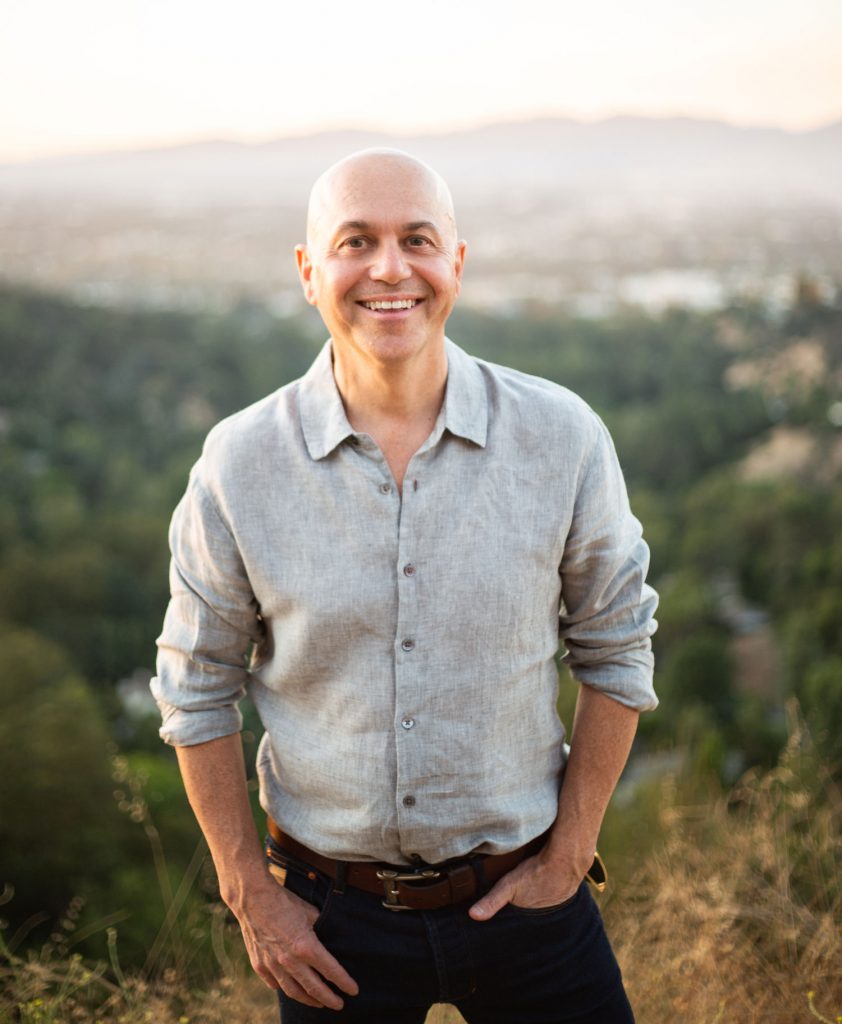
Hi, I'm Alan. They call me the Story Whisperer. I teach a process of marrying passion to craft to tell compelling stories. My students range from first-time writers to best-selling authors and filmmakers who've won numerous accolades for their work including the Pulitzer Prize.
L.A. Writers' Lab's mission is to help writers build a body of work. If you have a story to tell and are seeking support, guidance and community, then welcome. I look forward to working with you.

why writers love the 30-day outline workshop
Workshops

Creativity is your birthright. Your sole purpose is to build a body of work.


